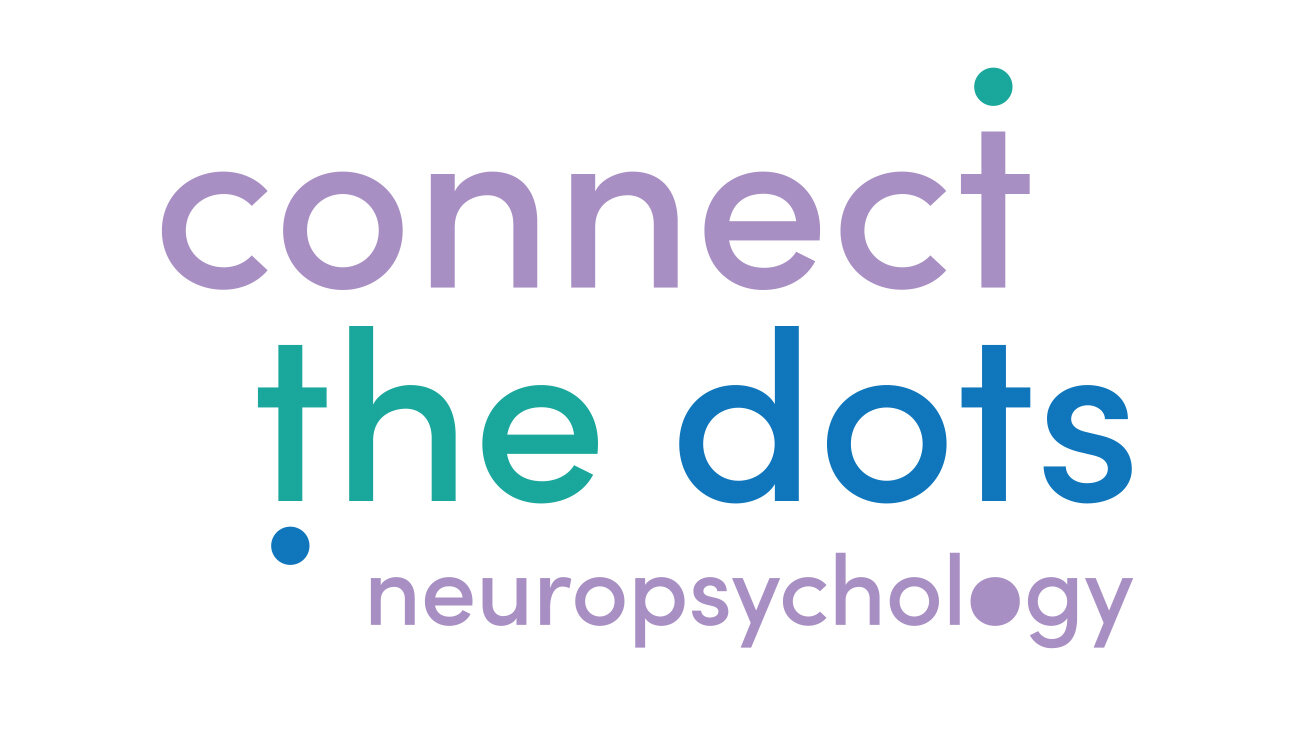FAQs
Do I need a referral?
A referral isn’t required.
Many of the children we see are already linked in with a pediatrician or a GP. Often, they will write a referral letter with background information which is helpful.
We also welcome referrals from schools and other allied health professionals, including speech pathologists, occupational therapists and psychologists.
Can I use NDIS funding?
You sure can, but it will depend on the way your funds are managed and whether an assessment is part of you plan and goals. If you would like to use NDIS funds, it’s best to get in touch with us directly so we can look at your individual circumstances.
How much will it cost?
We charge $300 per hour of face-to-face assessment, intervention or support time. This includes all tests and materials, and we don’t charge for brief verbal or written communication between other health professionals and educators. This is below the rate recommended by the Australian Psychological Society (APS).
Report writing time is also charged at $300 per hour, capped at five hours (unless the report is required for legal purposes or the assessment is very complex).
All up, a typical, comprehensive neuropsychological assessment takes around eleven and a half hours. This includes around six hour and a half hours of face-to-face assessment time and a detailed report. A very complex assessment, or one that will be used for medico-legal purposes will require a little longer.
We encourage you to get in touch with us, so that we can provide you with accurate information based on your child’s individual circumstance.
What ages do you see?
We see children, teenagers, adolescents and young adults. This is usually between 3 and 21 years of age. We can see younger children or older adults, especially if the concerns started in childhood. If in doubt, get in touch to see if we can help.
What tests do you use?
We select tests from a range of standardised neuropsychological tests, depending on the child’s age, grade and the reason they are seeing us. Tests we commonly use include:
Wechlser Intelligence Scale for Children - 5th Edition (WISC-V)
Wechsler Individual Achievement Test (WIAT-III)
Autism Diagnostic Observation Schedule (ADOS-2)
Bayley Scales of Infant and Toddler Development - Fourth Edition (Bayley-4)
Wechsler Preschool & Primary Scale of Intelligence (WPPSI-IV)
We also use a range of standardised questionaires such as the Vineland Adaptive Behavior Scales - Third Edition.
We also use a range of tests that are mostly only used by neuropsychologists including the Developmental NEuroPSYchological Assessment (NEPSY-II), the Wide Range Assessment of Memory and Learning (WRAML-3), the Children’s Memory Scale (CMS) and the Test of Everday Attention in Children (TEACh).
Have a look over here for more information.
Where are you located?
We are based in Melbourne and typically consult at 405 High St, Ashburton. Other locations include Monash Children’s Private Clinic (MCPC) in Clayton and Bright Start Speech Pathology in Bentleigh East. We can also complete the assessment at your child’s school, and even at home when a child’s care needs are best suited to in-home setting. Assessments in youth justice and out-of-home-care settings are also offered. Travel to regional and rural areas can also be arranged. Get in touch to find out more details.
Can I get a Medicare rebate?
Some children and some types of assessments are eligible for Medicare rebates.
Chat to your GP, as your child may be eligible for a Medicare rebate for an assessment of learning difficulties, as part of a team care arrangement.
Chat to your paediatrician, children and young adults under the age of 25 may be eligible for a Medicare rebate for the assessment of a complex neurodevelopmental disorder, such as autism spectrum disorder (ASD) or fetal alcohol spectrum disorder (FASD).
We encourage you to get in touch with us, so we can help to make sure you have the required information in place before the first appointment.
Can I use my Private Health cover?
Some funds with a high level of extras cover offer rebates for neuropsychological assessment. It is best to contact your Health Fund directly and ask about your specific plan, and then get in touch with us.
What do you “test” for?
Our assessments examine a wide range of brain-behaviour skills including:
Cognitive & thinking skills
Intellectual ability (IQ)
Attention, memory and executive functioning skills such as planning and organisation
Learning and academic skills
Phonological awareness, school readiness, reading, spelling, mathematics, essay writing, time management, special consideration and additional needs funding
Behaviour, social interaction and communication
Making friends and keeping them, compromise, negotiation, being flexible when things change
Acting out, aggression, withdrawn, acting without thinking (impulsivity), repetitive behaviours
How many appointments are needed?
A typical assessment needs four appointments, each one lasting between one and two hours. All up, there is about six hours and a half of assessment time. This changes slightly depending on your child’s age and the complexity of their needs.
For advocacy, support and intervention the number of appointments will vary depending on your needs and goals. For example, one appointment might be required for a school visit, or intervention may take place fortnightly to monthly, or on an as needed basis.
Can I verify your qualifications?
Yes, definitely. You can learn more about our experience and qualifications here. Also, all Psychologists who are registered to practice in Australia are registered with the Psychology Board of Australia. You can check a psychologist’s registration status here, and you can also check a psychologist’s area of specialisation (‘endorsement’).

